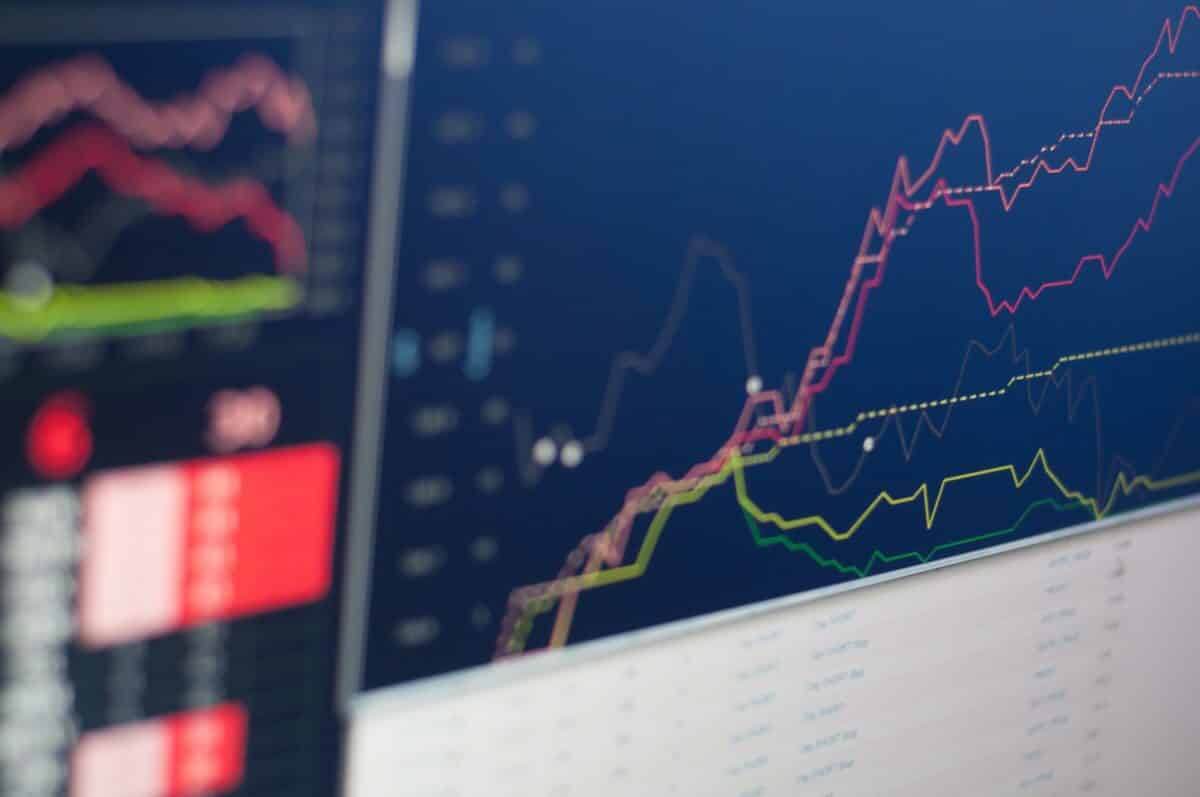
Unlocking Investment Opportunities with Single Stock Futures
In the dynamic world of finance, staying ahead of the curve is crucial for investors seeking to maximise their gains. One avenue that has been gaining traction recently is single stock futures, a financial instrument allowing traders to capitalise on the future price movements of individual stocks. As we navigate the financial landscape, it’s essential to understand the significance of single-stock futures and how they fit into the broader futures market.
The Rise of Single Stock Futures
Single stock futures are a versatile and powerful tool for investors, providing exposure to individual stocks without owning them outright.
- The Dow Jones Industrial Average experienced a modest dip of 8 points.
- The S&P 500 futures registered a slight decline of 0.1%.
- The Nasdaq 100 futures slipped by 0.3%, signalling a cautious start to the trading day.
These movements occurred after an overall positive week on Wall Street, with both the Dow and Nasdaq achieving their most impressive performances since July. Notably, the Dow, comprising 30 prominent stocks, posted a gain of 1.4%, while the Nasdaq soared by approximately 3.3% over the week. Furthermore, the S&P 500 index demonstrated its resilience by surging 2.5%, marking its most robust weekly performance since June.
While many investors are familiar with popular instruments like FTSE 100 futures, single stock futures allow for more precise targeting of individual companies, this specificity can be a game-changer, particularly for those who want to leverage their insights and research on particular stocks.
Futures vs. Options – The Distinct Advantages
Understanding the key differences between single stock futures and options is paramount for investors looking to diversify their portfolios. While both instruments provide exposure to price movements, futures offer several distinct advantages.
Unlike options, which give traders the right but not the obligation to buy or sell an asset, futures contracts bind both parties to fulfil the contract’s terms. This transparency eliminates the uncertainty associated with options, providing a more straightforward path for traders to follow.

Hot Futures – Navigating the Future Landscape
As we move forward, the financial landscape remains rife with opportunities and challenges as we move forwards. Investors are closely monitoring not only single stock futures but also other hot commodities, including bond futures. Bonds have long been considered a stable investment, and their futures offer a gateway to diversifying one’s portfolio further.
However, beneath this facade of optimism, traders grappled with emerging indications of an economic deceleration and the alleviation of inflationary pressures. The most recent U.S. nonfarm payrolls report unveiled a notable uptick in the unemployment rate, which rose to 3.8% in August, reaching its highest level in over a year. This outcome defied the expectations of economists surveyed by Dow Jones, who had anticipated the rate to remain steady at 3.5%. Meanwhile, the year-over-year increase in average hourly earnings stood at 4.3%, falling slightly short of the 4.4% upswing forecasted by the same group of Dow Jones-affiliated economists.
Single stock futures are a compelling addition to any investor’s toolkit, offering precision, flexibility, and the potential for substantial returns. As we keep an eye on the financial landscape, including the performance of FTSE 100 futures, it’s essential to consider the unique advantages of futures contracts over options. Whether you’re an experienced trader or a newcomer to the world of finance, exploring the diverse array of futures contracts, including bond futures, can help you navigate the market’s ups and downs.




